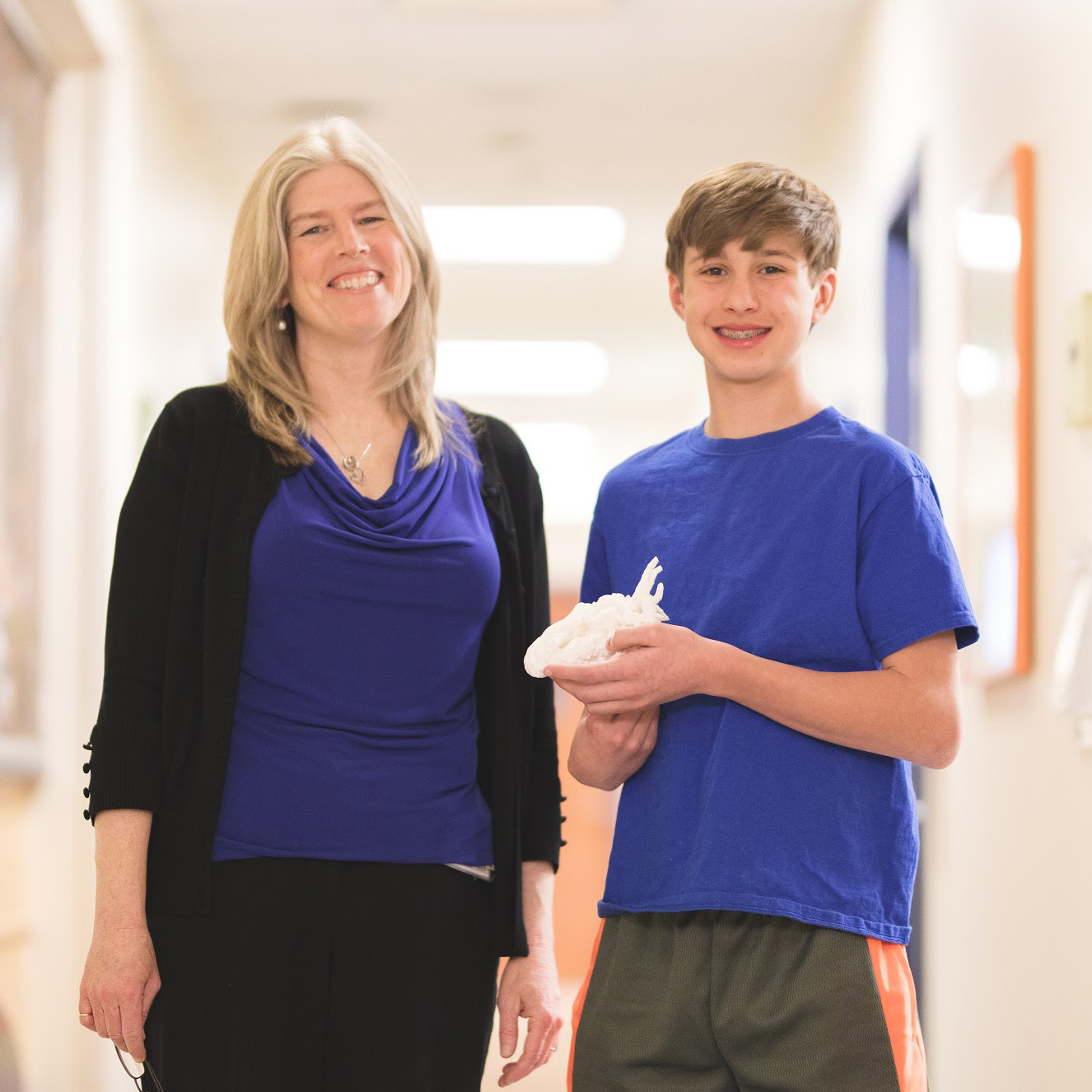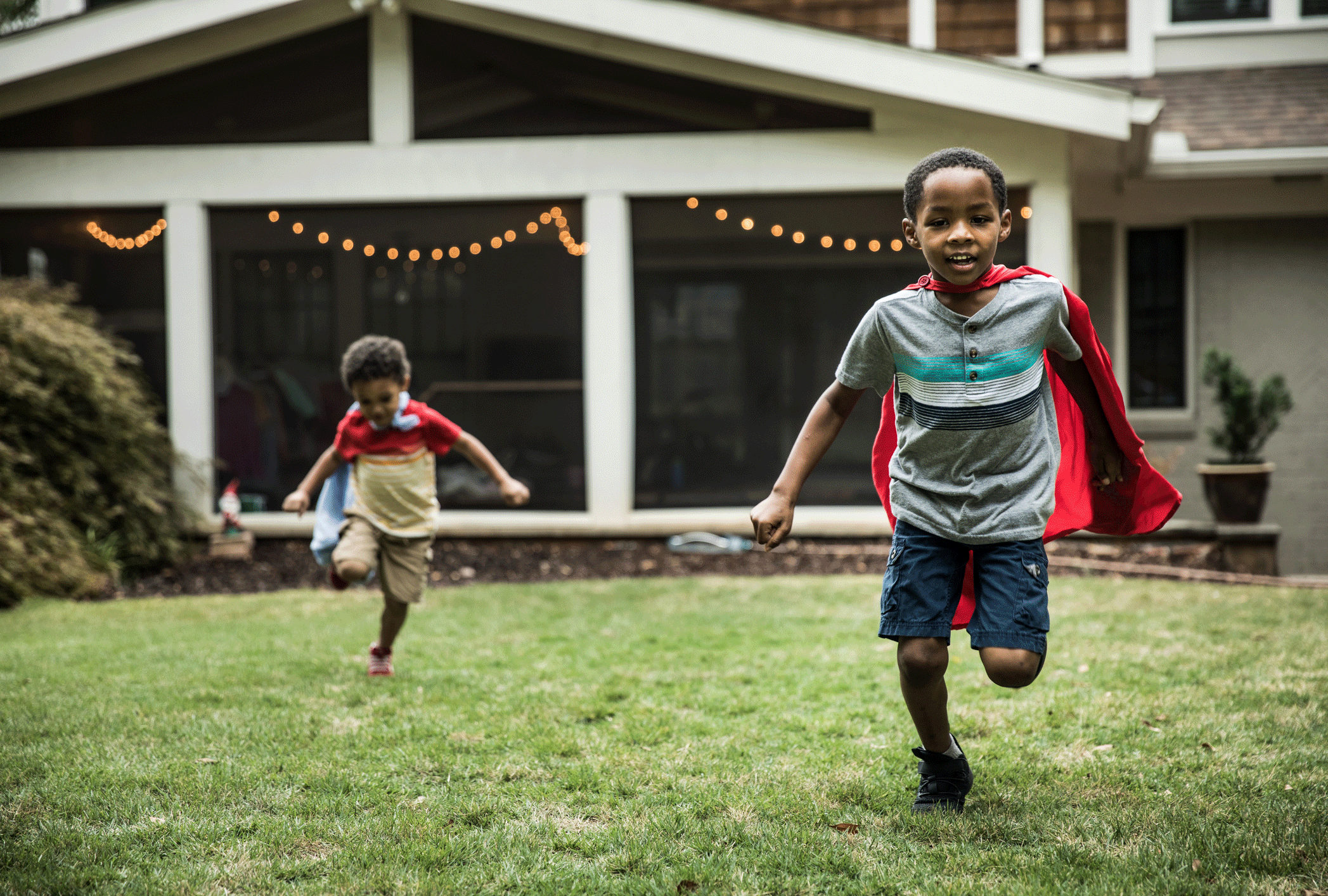Are kids’ playdates OK? Advice on playdate safety during the pandemic.
After months of living in safer-at-home mode, many families wonder how best to re-introduce their children to society and use play as a distraction from the pandemic.
One of the biggest questions: Is it OK to allow kids playdates during the coronavirus pandemic? What are the recommendations for safe play?
Our pediatrics experts at Monroe Carell Jr. Children’s Hospital at Vanderbilt offer this guidance to parents and caregivers about how to safely integrate people outside your household into a child’s daily routines.
The biggest thing to keep in mind: The safest thing right now is still physical distancing. It’s understandable that families will want to resume playdates as restrictions are lifted. But there are several factors to consider, and none of them eliminates the risk that your child or another family member will become infected with the novel coronavirus. The top tips:
Stay outdoors
Our current understanding is that COVID-19 spreads through respiratory droplets, so it is better to have children play outdoors where there is a free flow of air, rather playing together indoors in a more confined space. Staying outdoors is definitely less risky.
Distancing
It is safest to follow the 6 feet apart recommendations of the CDC and local governing agencies to protect yourself and your children and reduce the risk of infection.
If that is not possible, then wearing masks can serve as a protective barrier.
Small groups
Smaller groups of children playing together are preferred to larger groups, to limit the number of children and adults interacting. This helps reduce the chances that each person is exposed to the virus.
Spend less time together
Keeping visits shorter than you may have in the past is smart. Also, if families want to make playdates more of a routine, it’s important to limit those interactions to playdates between the same small group of families, to limit the potential for exposure to the virus.
Hand hygiene
Ensure that children wash their hands before and after play. You can make this the official start of the playdate — “Hello! Let’s all wash our hands together, then play.” It’s important for parents and caregivers to keep a close watch over children and remind everyone to wash their hands frequently. Hand washing before and after eating will also help reduce the risk of spreading coronavirus. Don’t let children share food.
Wipe down toys with a disinfecting cleaner, and disinfect shared surfaces to keep children and their families safe. This in addition to frequent hand washing provides at least some defense against the virus among children younger than 2, who may not keep masks on.
All this advice can be difficult for younger children, because they don’t understand the need to adhere to the safety measures surrounding COVID-19. But safer playdates during the coronavirus pandemic will still restore some sense of normalcy. It’s natural for children to play together and share toys and hug and touch, but during this pandemic, that’s discouraged.
Weighing children’s need to have social interactions against the risk of exposing other family members to COVID-19 is another important factor for families to consider.
What is the risk of exposure to the virus to the entire family if children are having playdates? For families living with or caring for older family members, or for relatives with chronic illnesses, playdates may put those family members at higher risk.
It’s important to tell other families your child is having playdates with if you or a family member has recently been sick or had potential exposure to someone with COVID-19. Additionally, if the prevalence of cases is increasing in a particular area, it’s important to consider if outside interactions are really worth it.
Finally, parents should have open conversations with their children, family members and other parents about their concerns and comfort levels.

Monroe Carell Jr. Children’s Hospital at Vanderbilt is one of the nation’s leading children’s hospitals. Our team of experts in 30 pediatric and surgical specialties is ready for any health issue your child may face – from the simple to complex. Learn more.

